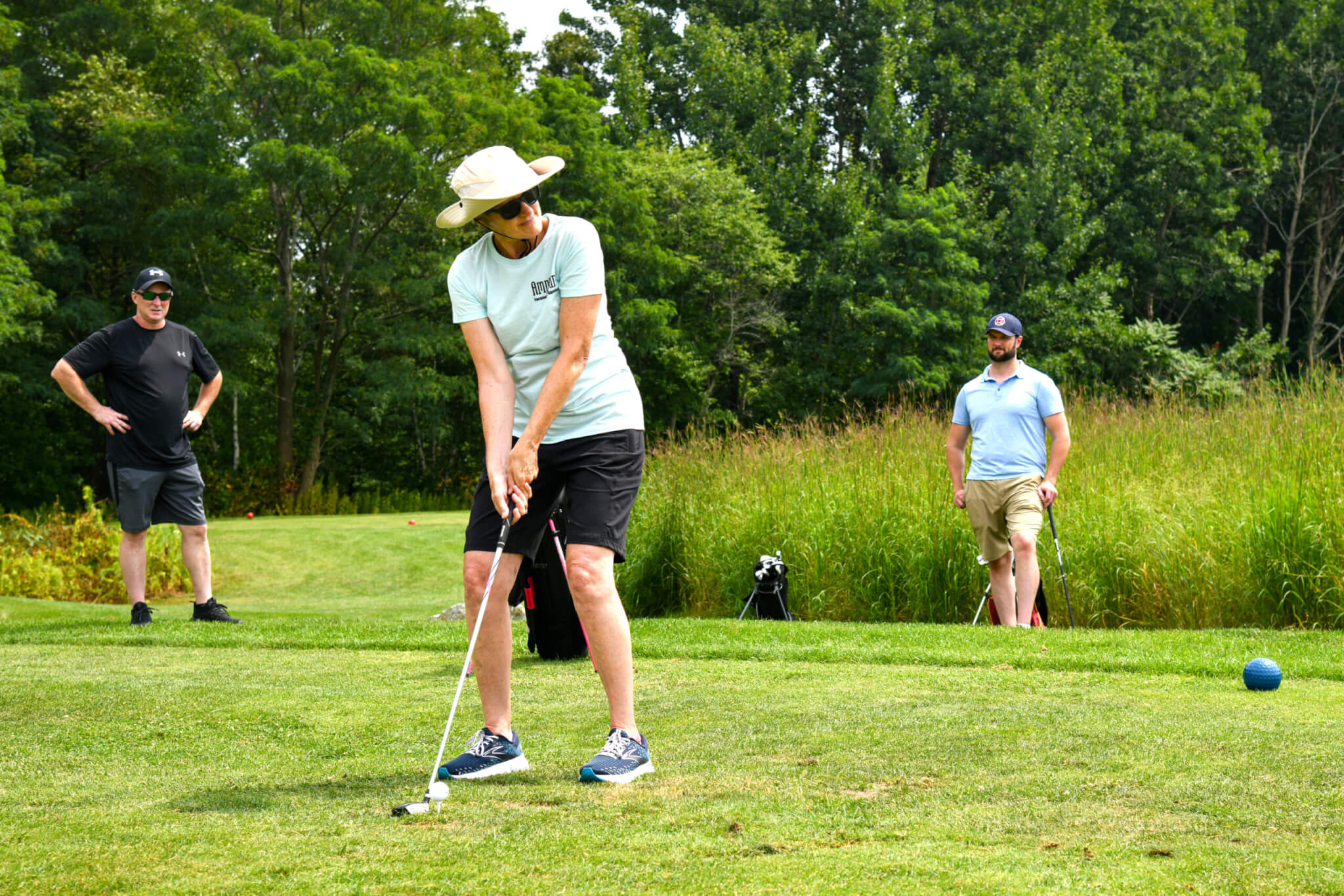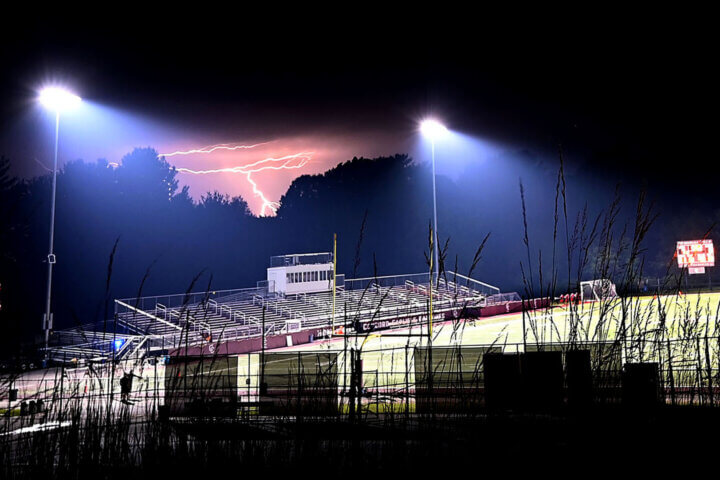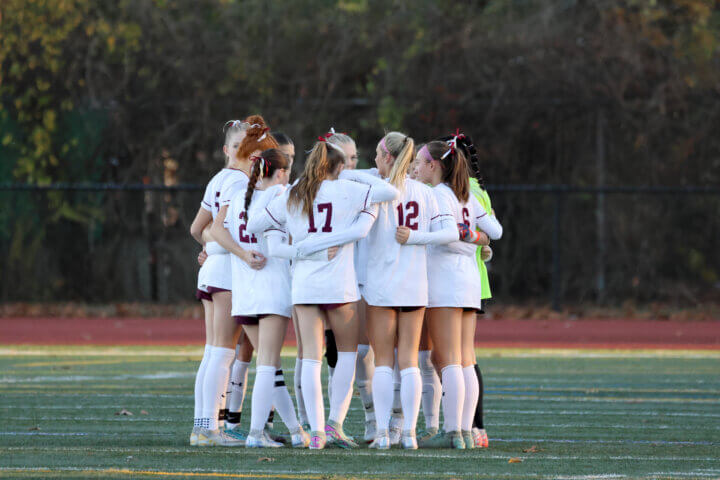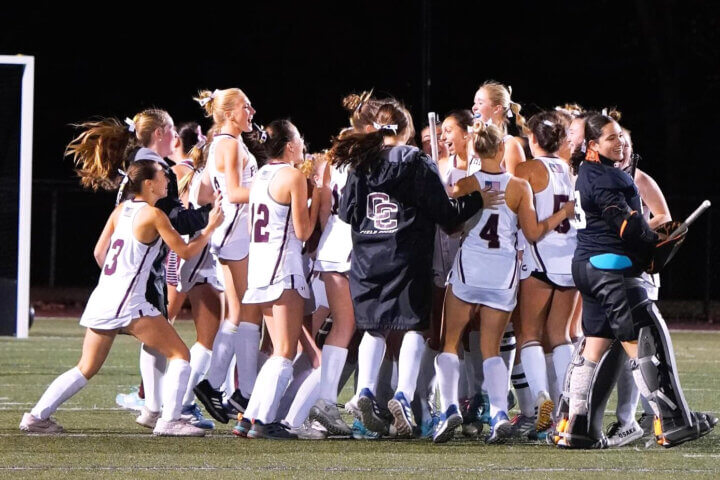By Sonya Carson — Correspondent
No barrier can keep Peggy Laneri from engaging in sports.
As a collegiate female athlete empowered in the 1970s by Title IX — which prohibited excluding students from activities based on gender — Laneri parlayed her athleticism and teamwork skills into a successful career in the military.
Now, the Concordian has combined her love for sports with her experience as a veteran, participating in recreational therapy programs specifically for disabled vets through the VA New England Healthcare System, part of the Veterans Administration.
Laneri has kayaked the Concord River, skied Mount Sunapee in New Hampshire through the New England Healing Sports Association, ridden bikes with the nonprofit Northeast Passages in southern New Hampshire, and more.
Most recently, she attended the four-day VA New England Summer Adaptive Sports Clinic in Rhode Island, hosted by VA Providence and VA Boston.
The making of a veteran
“When I grew up… every night there was a list of names that scrolled down the TV of mostly men who died in Vietnam, and I was really affected by that,” Laneri says.
Laneri enrolled in the U.S. Military Academy at West Point in 1979 as a student-athlete, playing basketball and softball.
“As opposed to some young people in our country who didn’t want to serve… I wanted to go into the military,” she says. “It interested me.”
Following her graduation, she served 22 years in various military roles. Laneri was first commissioned in the Army as a second lieutenant and served five years in the Army Corps of Engineers.
She then joined the Army Reserves and was called back to active duty for Desert Storm while a graduate student in Chicago. She served in the Reserves until her retirement in 2005.
Shortly after graduating from West Point, Laneri fell out of a plane during training; she tore her ACL and MCL and spent months in physical therapy. She also has cerebellar ataxia, a neurological condition that affects balance. Because of these challenges, Laneri can no longer run or move as she once did.
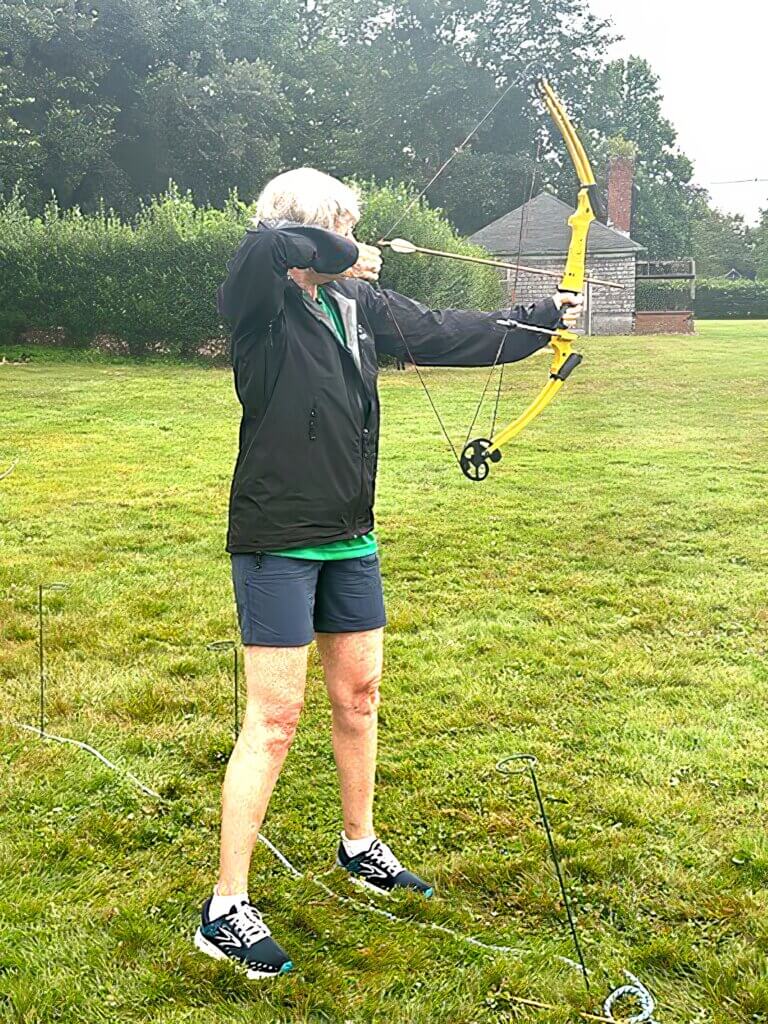
Of all the activities offered at the VA clinics, Laneri’s favorite is cycling (on a three-wheeled recumbent bike to accommodate her balance issues), closely followed by kayaking.
“I’m an old athlete, and I value using my body, and I love the outdoors,” she says. “I love sports.”
Time outdoors, healing within
Laneri says that for many veterans, the benefits of adaptive sports are more than just physical. The activities can be emotionally restorative, particularly for those reluctant to talk with a traditional counselor.
“There are some veterans who aren’t going to walk in and get therapy. … [But] do they find healing through using their body once again adaptively? The answer is yes. So I think recreational therapy offers veterans a tremendous amount of healing,” she says.
“If you just think about how peaceful it is to kayak on a calm body of water surrounded by beautiful nature, and there’s no noise, there’s no motorboats. It is a type of meditation, and it does promote healing. It’s wonderful.”
Aside from her military service and her love of athletics, Laneri earned a master’s degree from SUNY Albany and a doctorate from Loyola University Chicago in pursuit of becoming a psychologist, a dream also realized during her time in service from counseling other soldiers through various problems.
She later moved to Worcester to complete her fellowship at UMass Medical Center; she met her future wife, and the two started their family in Upton. When their daughter went to college, the couple moved to Concord.
Laneri also volunteers and acts on the advisory board of a New Hampshire nonprofit called Camp Resilience, which serves veterans and first responders on three-day retreats, where they receive psychoeducational training in the mornings, then get outside in the afternoons for skiing, snowshoeing, sailing, and hiking.
“I really do believe that team sports [promote] the concept [of] working together to accomplish goals,” she says.


